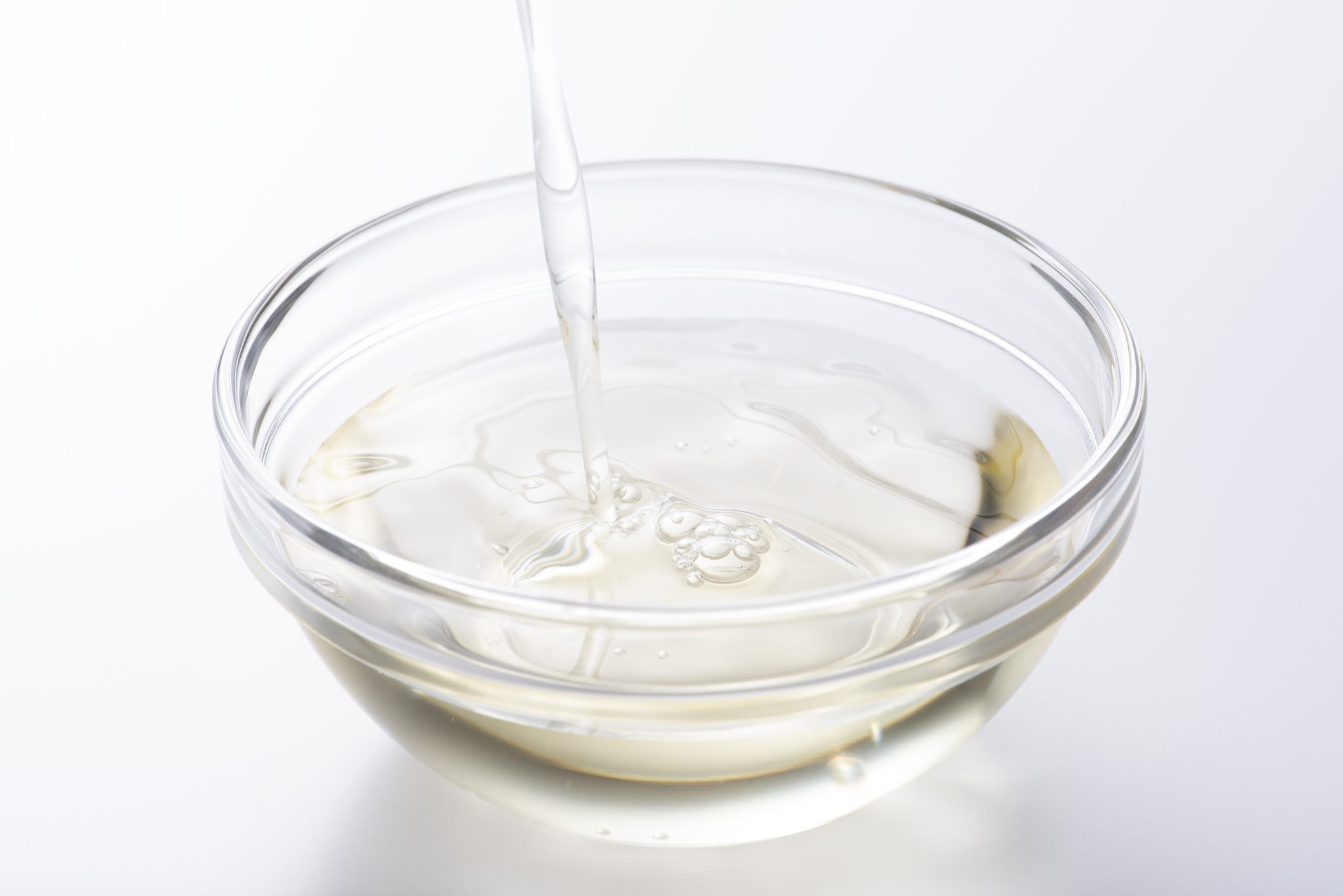;)
It's a rice wine with a savory, sweet taste. It's a little like sake, but with lower alcohol content and a sweeter profile. It adds an incredible amount of flavor to all sorts of dishes, and you don't need to save that bottle of mirin for when you're cooking a Japanese dish. Mirin is used to make everything from sauces to dips, dressings, and marinades. It's also used to season soups and stews. If you don't have any mirin on hand, don't fret. There are a variety of great ingredients you can use as a substitute for mirin. Here are our top ten.
1) Sake

Sake is without a doubt the best mirin substitute. Like mirin, sake is a type of rice wine and has a sweetish taste. Unfiltered sake is a perfect one-to-one swap for mirin. If you use a dry style sake, add a tablespoon or two of fruit juice (like apple or grape juice) or a ½ teaspoon of sugar.
2) Rice Vinegar
With a similar tangy taste to mirin, rice vinegar is another good swap you can use in your recipes. If you're cooking with it, add a pinch of sugar to cut some of the tartness. If you have seasoned rice vinegar, use it instead of regular rice vinegar. Seasoned rice vinegar is sweetened and will have a closer flavor to mirin.
3) Sweet Marsala Wine

If you're really in a bind, sweet marsala wine will work in the place of mirin in most recipes. Marsala is a dessert wine from Sicily and is often used to make sauces. Sweet marsala doesn't need any added sugar. You can go ahead and use it the same way you would mirin.
4) Dry Sherry
Dry sherry mixed with ½ teaspoon of sugar for every tablespoon is a great mirin substitute. Be sure to stick with the drier styles of sherry – the sweet versions would be overpoweringly sweet in a dish.
5) White Wine

Thanks to its tart flavor, you can use white wine as a mirin substitute. Stick to dry or slightly off-dry white wines – dessert wines will be too sweet. That said, you will want to dissolve a dash of sugar into the wine to approximate the sweetness mirin brings to a dish.
6) Shao Xing Cooking Wine
Shao xing is a type of Chinese rice wine used for cooking, making it a very similar product to mirin. Unlike mirin, shao xing isn't sweet, so you'll need to add some sugar to it. Shao xing tends to be salty, so look for a brand that has a lower salt content. Be sure to reduce the amount of shao xing you use when replacing it for mirin. It has a strong flavor and dark color.
7) Vermouth

Sweet vermouth or dry vermouth mixed with a pinch of sugar make excellent mirin substitutes. You can also stir a tablespoon or so of apple juice into your dry vermouth to mimic mirin's effect in a dish.
8) White Grape Juice
Most mirin substitutes are alcohol-based. Alcohol burns off when cooking, but if you don't want to use alcohol, substitute the mirin for white grape juice. With its sweet-tart flavor, it's a perfect alcohol-free mirin substitute. Apple juice also works.
9) Balsamic Vinegar

Another alcohol-free mirin substitute you can (and something you probably already have in your kitchen) is balsamic vinegar. It's also used for marinades, dressings, and dips, and it has a rich, savory umami flavor. Add a ½ teaspoon of sugar for every 1 tablespoon of balsamic vinegar.
10) Kombucha
While it's not as flavorful as mirin, kombucha can be a good substitute when you don't have anything else on hand. Kombucha flavored with ingredients like ginger can make a nice addition to recipes. Just be sure to avoid anything with strong fruit flavors. Add a pinch of sugar to the kombucha before using it as a mirin substitute.
;Resize,width=767;)
